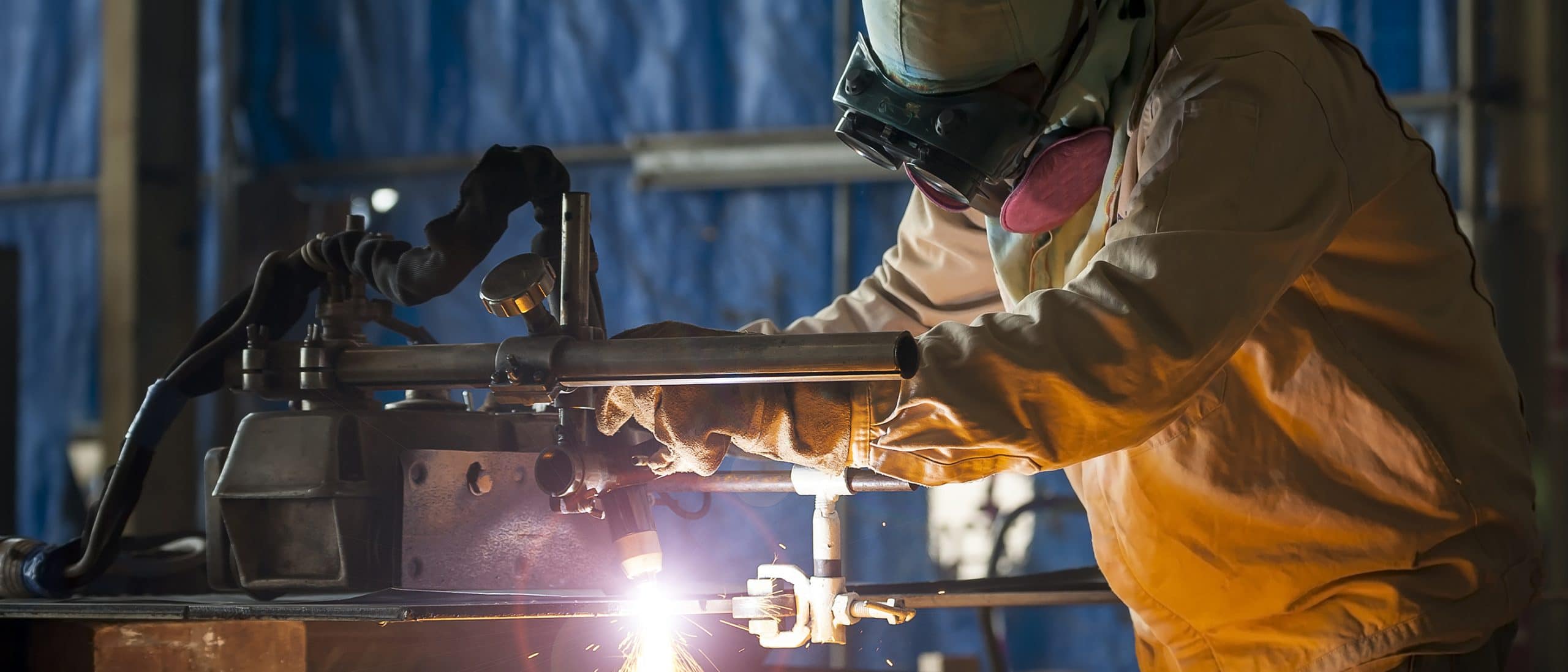
It started with a quiet cough I barely registered. A dry scratch in the morning. Then again after lunch. At first, I thought it was allergies. Or maybe just dust in the air. But someone at work noticed before I did. “You okay?” they asked one afternoon. I laughed it off. But later that night, I kept coughing through dinner. It wasn’t deep. It wasn’t productive. It was just always there. Like a background sound I couldn’t mute. Still, I didn’t connect it to where I worked or what I breathed.
There was a sharpness in my chest that didn’t go away
I didn’t tell anyone about the tightness. It wasn’t pain exactly. It was a sensation. A stiffness in the middle of my chest. Not after exertion. Not after meals. It showed up without warning. Sometimes it made breathing feel like work. Like my lungs weren’t expanding as easily. I started avoiding stairs. I took deeper breaths to test the discomfort. It lingered. Never sharp enough for panic. But too specific to ignore. I stopped thinking it was just tiredness. Something inside wasn’t moving right, and I didn’t know what caused it.
The air at work always smelled faintly like metal and something else I couldn’t name
You get used to the smells. After a while, they blend into the background. But they stay in your clothes. Your hair. Your nose. The place I worked had no visible smoke. Just a dry warmth and a hum of machines. Sometimes the air was sharp. It left a taste. I never wore a mask. Nobody did unless inspectors were scheduled. I figured if I couldn’t see a hazard, it wasn’t serious. But breathing that air every day changed something slowly. I began to suspect it wasn’t as harmless as we believed.
I assumed only smokers had lung problems, not people like me
I never smoked. Not once. That fact used to make me feel safe. Like I had eliminated the biggest risk. I knew cigarettes caused cancer. I didn’t know dust, fumes, or tiny fibers could too. Especially when they enter your lungs day after day. I thought ventilation was enough. I thought factory jobs had modern protections. But no one talked about the air quality. No one told us what particles stayed in the lungs after every shift. The absence of a cigarette didn’t mean the absence of danger.
We never talked about what we were breathing
In all the years I worked there, no one asked what was in the air. Not supervisors. Not coworkers. We talked about hours, breaks, noise levels. But not about what entered our lungs. Sometimes people coughed in the locker room. Someone joked about “factory flu.” Nobody went to the doctor for it. We didn’t think it was serious. The masks were uncomfortable. Goggles fogged up. Safety gear stayed in its packaging. I didn’t think twice about it. I wish someone had said something. I wish I had asked.
The dust never settled, not even after sweeping
Every evening, we swept the floors. Piles of dust moved from one corner to another. But the air never cleared. It just shifted the particles around. They hung in the beams of light through the windows. Floating, always floating. You breathe them without realizing. They enter your nose, your throat, your lungs. No one explained what the dust contained. Some said it was harmless. Just “shop dirt.” But something about it didn’t feel clean. It clung to everything. My car. My jacket. My breath.
I thought shortness of breath came with age, not with work
I used to run upstairs without thinking. Carry heavy things without losing my breath. But something changed. Now, I needed to stop halfway. Catch my breath after simple tasks. I blamed age. Stress. Bad sleep. But then I saw younger people coughing too. Moving slower. Rubbing their chests without mentioning it. It wasn’t just me. I didn’t want to admit it was work-related. That would mean acknowledging risk. And once you see risk, it’s hard to unsee it. You start noticing the way your body resists the air.
We cleaned our hands, not our lungs
Sanitizer was on every table. Gloves for certain chemicals. Eye wash stations for accidents. But nothing for air. Nothing for lungs. We washed surfaces and tools. But no one cleaned the air itself. The vents collected dust. Fans moved particles around. Nobody ever measured air quality. Nobody tested lungs. We protected skin and eyes. But the lungs were invisible. And because we couldn’t see damage, we assumed none was happening. That assumption followed us home, every day.
I thought safety meant hard hats, not oxygen
When I thought of workplace safety, I pictured steel-toe boots and helmets. High-visibility vests. Fire exits. I didn’t think about air. I didn’t think about the invisible threats. Safety was about falling objects, not invisible chemicals. We followed rules for physical accidents. But the lungs weren’t part of the checklist. Not until people started calling in sick. Not until someone developed a cough that never healed. By then, no one knew what caused what. It was just air. But air isn’t always harmless. Especially when no one’s measuring what’s in it.
I never expected a diagnosis from a place I stopped working at years ago
It took time before anything showed up on scans. I had left that job five years earlier. I moved on, started something new. But the cough followed. The fatigue deepened. My doctor sent me for tests. The diagnosis surprised me. Occupational lung disease. From my old job. The place I thought I had survived without consequence. But the lungs remember. They keep records your memory doesn’t. What felt small at the time can grow slowly. Quietly. Until it becomes the loudest thing in your life.
